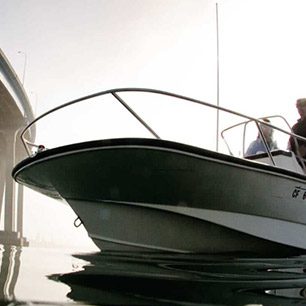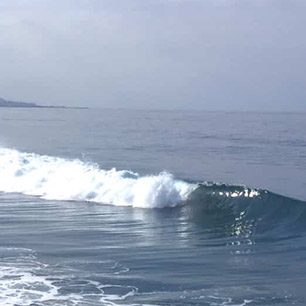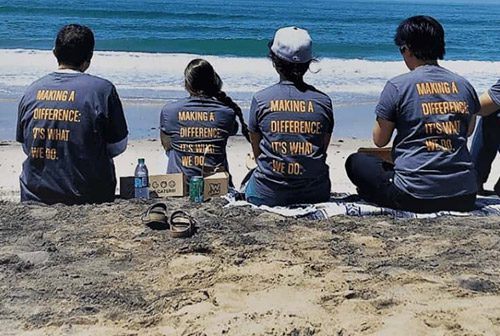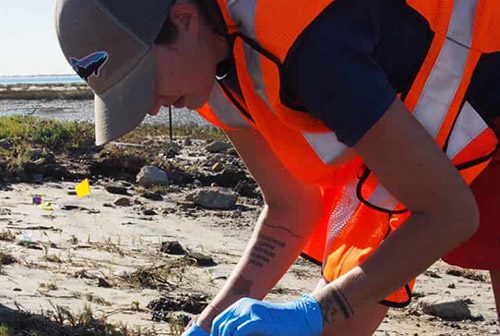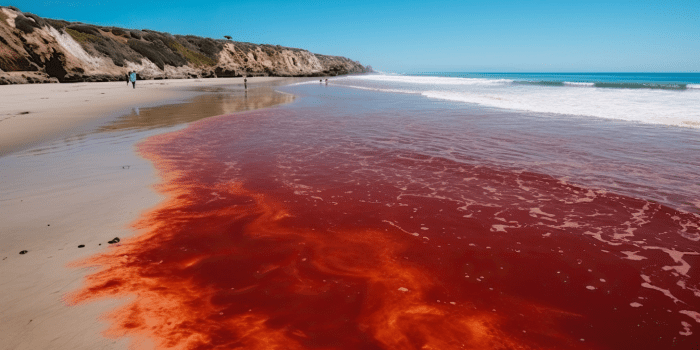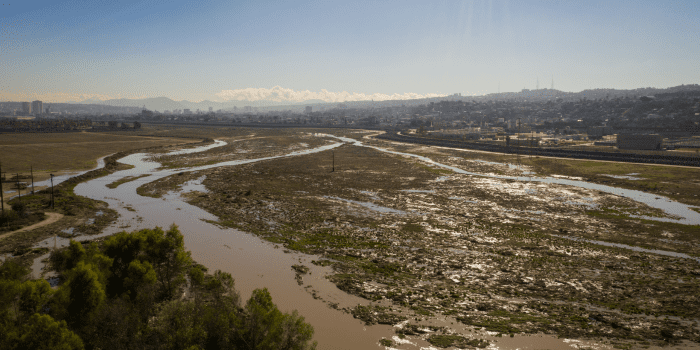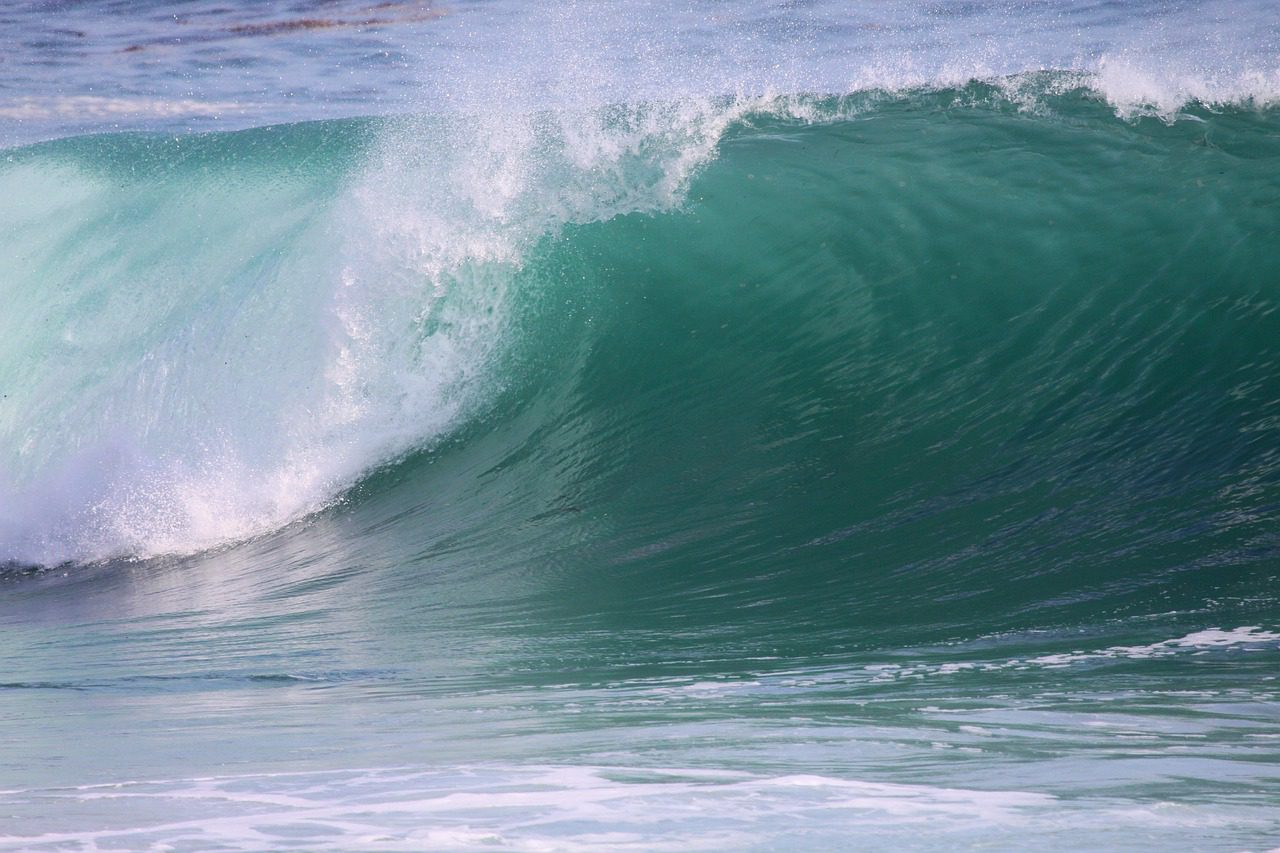The following was written by Coastkeeper’s Jo Brooks and Everett Delano of our board of directors in response to a February 23 U-T San Diego editorial that criticized stormwater runoff requirements. This is the full text of their response, a partial response was published in the March 15, 2014 U-T.
A recent U-T San Diego editorial complained about the “ridiculousness” of stormwater runoff requirements adopted last May by the San Diego Regional Water Qu

A Region in Trouble
Our region’s waters are in bad shape. In 2013 alone, San Diego County had over 3,000 beach closure days. More than 160 water bodies in the county are listed as polluted and not meeting federal water quality standards for, among other things, bacteria, lead, nickel, pesticides, thallium and trash. An urban runoff report on the biological integrity of San Diego’s streams in 2011-2012 listed only 3% as in “very good” condition while 79% were listed as “poor” or “very poor.” San Diego Coastkeeper’s own monitoring in 2013 revealed “marginal” water quality for the Carlsbad, Sweetwater, Pueblo, and Otay watersheds, and “poor” water quality for the Tijuana watershed. San Diego’s waters, inextricably linked to our own health and to the health of our economy, need our protection and our action.
The editorial’s complaint that the standards would require the city to “scrub its urban runoff” is simply wrong. Yes, even under prior permits, washing a car in a driveway and allowing dirty wash water to escape to the street or a storm drain system is “strongly discouraged.” So are a host of other bad practices that flush water with chemicals and pollutants into storm drains, where it collects with other pollutants that feed into San Diego’s streams, beaches, lagoons, bays, and eventually the ocean. While there are no permit requirements to “scrub runoff,” there are appropriate requirements to adopt “maximum extent practicable” levels of protection of San Diego’s precious water bodies.
Fishable, Swimmable & Drinkable
As members of San Diego Coastkeeper’s board of directors, we take seriously the federal Clean Water Act’s mandates of fishable, swimmable and drinkable waters. As San Diegans, we should all ask ourselves – what is it worth to be able to eat fish from our waters, recreate in our bays and ocean, and drink water without fear of illness? There can be little doubt but that clean water is important to all. A 2004 study conducted by the University of Southern California and UCLA estimates that for every dollar spent on compliance with stormwater requirements, two to three dollars in benefits will result, including benefits to tourism, property values, public health, and public recreation.
A Questionable Price Tag
In reality, the $4 billion 17-year price tag listed in the editorial is suspect – like many things, there are often less expensive ways to address the same objective. Certainly the permit contains no requirement to spend any particular amount of money. But some of the very things the editorial complains about, like improving our irrigation systems and capturing stormwater for reuse, have tremendous potential to save both money and water in the long run, particularly when we are faced with a drought and the inevitably increasing costs associated with a reliable water supply for a growing population. Coastkeeper participates in the permit’s stakeholder process and supports constructive approaches to meeting permit requirements at reasonable cost.
It is also important to remember that visitors to San Diego spend nearly $8.4 billion annually, with an economic impact of over $18.7 billion generated for our regional economy. These visitors, just like residents and businesses, depend on healthy beaches and bays. Our healthy economy, like our public health, depends on healthy San Diego water bodies.
The U-T editorial correctly notes that our antiquated sewage-processing facility, the country’s last large municipal treatment plant not to meet basic secondary-treatment standards, requires significant upgrades. But we cannot afford to pollute our region’s water bodies either through inadequate sewage treatment or through polluted urban runoff.
The editorial derides the Regional Water Board’s permit as “environmental extremism.” In fact, it implements obligations set forth in the very mainstream 40-year-old federal Clean Water Act. We think of it more as an appropriate, measured step to address one of our region’s greatest assets. Our public health, our ecological health, and our financial well-being deserve nothing less.


